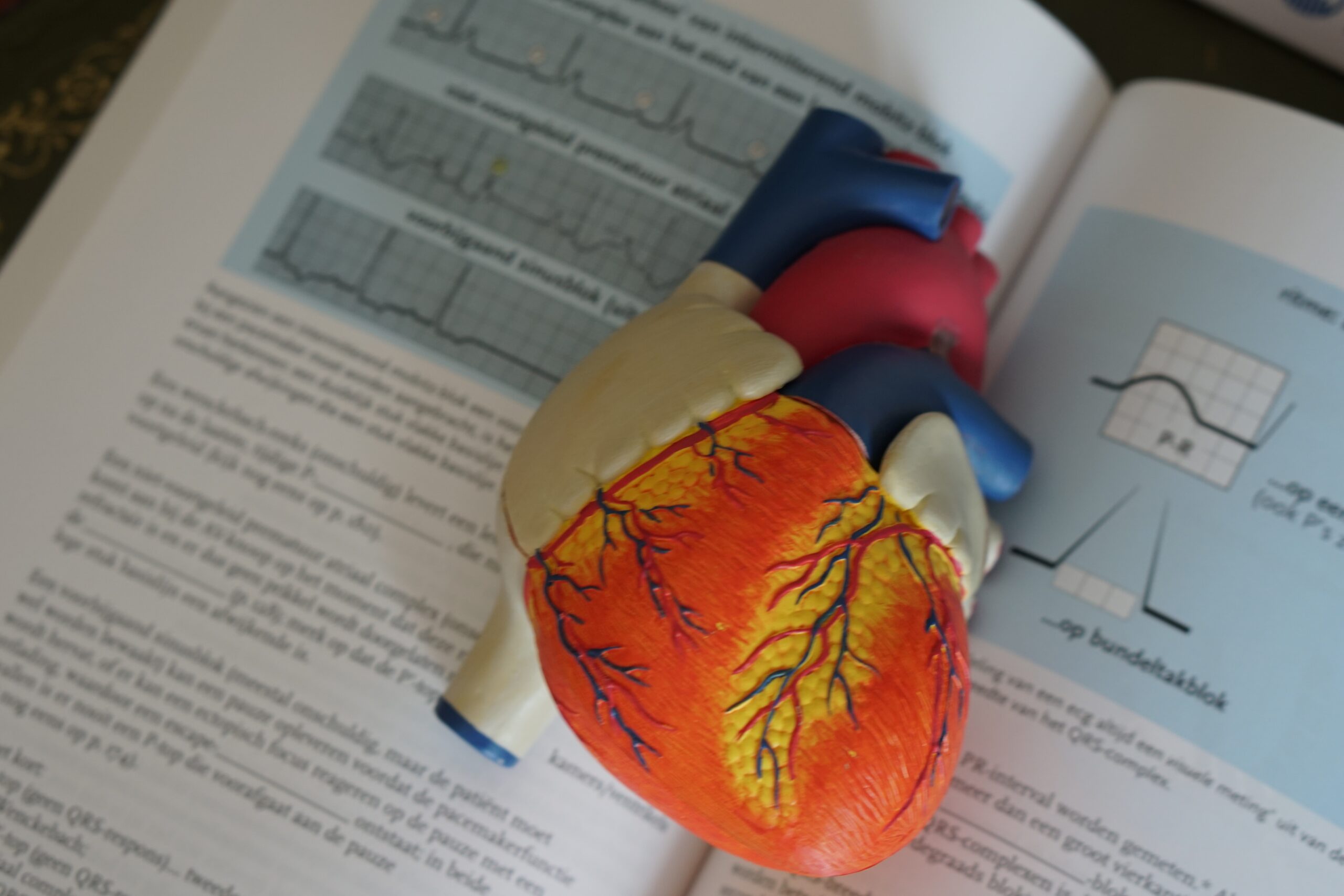Health and fitness have always been integral components of human well-being. In today’s fast-paced world, they have taken on even greater importance. As we navigate the challenges of the 21st century, understanding why health and fitness are crucial is essential for leading a fulfilling and prosperous life. This article explores the multifaceted reasons behind the significance of health and fitness, covering physical, mental, and social aspects in detail.
I. Physical Well-Being
Life expectancy and quality
A longer and higher-quality life is substantially influenced by maintaining good health and fitness. Chronic diseases including heart disease, diabetes, and some cancers are prevented by regular exercise, a healthy diet, and other wellness habits. You may boost your chances of living a longer, more active life by making an investment in your physical health.

An increase in energy
Your energy levels can increase by being active and healthy. Regular exercise helps to boost stamina, muscle strength, and cardiovascular health, which makes daily tasks easier to handle and more pleasurable. You can be more active and effective in both your personal and professional life if you have more energy.
-
Weight Control Obesity
is a developing global issue that has been related to a number of health issues. Preventing obesity and its effects requires maintaining a healthy weight through a mix of good eating and regular exercise. Self-esteem and body image are both positively impacted by weight management.
-
increased immunity a strong
immune system is supported by a healthy lifestyle. A balanced diet and regular exercise help the body fight off illnesses more successfully by boosting immune function. a robust immune system is even more important during pandemics and outbreaks.
-
Sleeping Better
Sleep is essential for overall wellbeing. Exercise and a healthy diet can help with sleep patterns and lower the chance of developing sleep problems. The body and mind function better after they have had a good night’s sleep.
II. Mental Well-Being
- Stress Reduction Exercise is a powerful stress reliever. Physical activity triggers the release of endorphins, which are natural mood lifters. Regular exercise helps manage stress, anxiety, and depression by promoting a sense of relaxation and well-being.
- Cognitive Function The health of the brain and cognitive performance are intimately related to physical activity. Memory, cognitive flexibility, and problem-solving abilities are all improved by regular exercise. Additionally, it lowers the risk of Alzheimer’s disease and age-related cognitive decline.
- Enhanced Mental Resilience A fit and healthy body often translate into increased mental resilience. When facing life’s challenges, those who prioritize health and fitness tend to cope better, bounce back from setbacks more easily, and maintain a positive outlook.
- A Positive Self- and Confidence In terms of self-confidence and self-esteem, maintaining excellent health and reaching exercise objectives can be quite beneficial. Feeling physically fit and capable can improve your self-perception and boost your self-assurance in a variety of areas of your life.
- Social Interaction Engaging in fitness activities often involves social interaction. Joining a sports team, attending group exercise classes, or simply working out with friends can foster a sense of community and provide valuable social connections, contributing to improved mental health.
III. Social Well-Being

- Relationships and Bonds Health and fitness can strengthen relationships. Sharing healthy habits with friends or family members can create bonds based on mutual support and encouragement. Additionally, engaging in physical activities together promotes teamwork and cooperation.
- Productivity and Success in many facets of life depends on having a healthy body and mind. In order to be productive and successful, whether it be in your work, personal objectives, or interpersonal relationships, you need to be in good physical and mental health.
- Reduced Healthcare Costs Preventive healthcare is more cost-effective than treating chronic diseases. By investing in health and fitness, individuals can reduce their healthcare expenses over time. This not only benefits individuals but also eases the burden on healthcare systems and society as a whole.
- Community Well-Being Communities benefit when their members prioritize health and fitness. A healthier population places less strain on healthcare resources, resulting in a stronger and more resilient community overall. Encouraging wellness initiatives within communities can have far-reaching positive effects.
Tips for health and fitness is important :
-
Set Clear Goals: Define your health and fitness goals, whether it’s losing weight, gaining muscle, improving endurance, or reducing stress. Having specific objectives will keep you motivated.
-
Start Slowly: If you’re new to fitness or haven’t exercised in a while, start with manageable workouts to avoid burnout or injury. Gradually increase intensity and duration over time.
-
Variety is Key: Don’t stick to just one type of exercise. Incorporate a variety of activities like cardio, strength training, flexibility, and balance exercises to work different muscle groups and keep things interesting.
-
Create a Routine: Establish a consistent workout schedule. Treat exercise as a non-negotiable part of your day, just like brushing your teeth. Consistency is key to long-term success.
-
Balance Workouts: Balance cardio workouts (e.g., running, cycling) with strength training (e.g., weightlifting, bodyweight exercises) to achieve a well-rounded fitness level.
-
Prioritize Nutrition: Eat a balanced diet rich in fruits, vegetables, lean proteins, whole grains, and healthy fats. Avoid excessive sugar, processed foods, and empty calories.
-
Stay Hydrated: Drink plenty of water throughout the day to support overall health and maintain proper hydration during workouts.
-
Get Adequate Rest: Ensure you get enough sleep for recovery and muscle repair. Lack of sleep can hinder your fitness progress and overall well-being.
-
Listen to Your Body: Pay attention to how your body feels during and after exercise. Don’t push through pain or discomfort. It’s essential to avoid overtraining and injuries.
-
Warm-Up and Cool Down: Always warm up before exercise and cool down afterward to prevent muscle strain and improve flexibility.
-
Set Realistic Expectations: Understand that results take time. Be patient with yourself and focus on gradual progress rather than instant transformations.
-
Use Technology: Fitness apps, wearable devices, and online resources can help track your progress, provide guidance, and keep you accountable.
-
Find Accountability: Partner up with a friend or hire a personal trainer to hold you accountable and make your fitness journey more enjoyable.
-
Celebrate Milestones: Recognize and celebrate your achievements, no matter how small. Positive reinforcement can help maintain motivation.
-
Manage Stress: Incorporate stress-reducing practices like meditation, yoga, or deep breathing exercises into your routine to support mental well-being.
-
Stay Informed: Stay updated on the latest fitness trends, research, and nutrition guidelines to make informed choices.
-
Make it Enjoyable: Choose activities you genuinely enjoy, whether it’s dancing, hiking, swimming, or team sports. When you have fun, staying active becomes a pleasure, not a chore.
-
Stay Consistent: Even on busy days, find ways to sneak in physical activity, like taking short walks or doing quick home workouts.
-
Seek Professional Advice: If you have specific fitness goals or medical conditions, consider consulting a fitness trainer or healthcare professional for personalized guidance.
Remember that health and fitness are lifelong pursuits. Consistency, patience, and a positive attitude are your allies on this journey to a healthier and happier you.
Conclusion :
A happy and successful life depends on being healthy and fit. Their significance encompasses not only mental but also social and emotional wellbeing in addition to physical health. By placing a high priority on health and exercise, people can live longer, better-quality lives, improve their mental toughness, and benefit their communities. Being aware of the importance of health and fitness is more important than ever in a society where demands and difficulties are always changing.
FAQs :
Why is health and fitness important in 2023?
Health and fitness are essential for maintaining overall well-being. In 2023, with increasing stress, sedentary lifestyles, and health challenges, prioritizing health and fitness becomes even more crucial.
How does a healthy lifestyle benefit me in 2023?
A healthy lifestyle in 2023 can help you prevent chronic diseases, boost your immune system, improve mental health, enhance energy levels, and increase longevity.



1 Comment
"Stronger, Faster, Better: Maximizing Muscle Power For Peak Performance 6 Section" - Healthandfitnespoint.com · 11 September 2023 at 14:41
[…] to make a comeback, she embarked on a rigorous rehabilitation program that included power-focused exercises. By rebuilding her muscle power and agility, she not only returned to her sport but also achieved […]